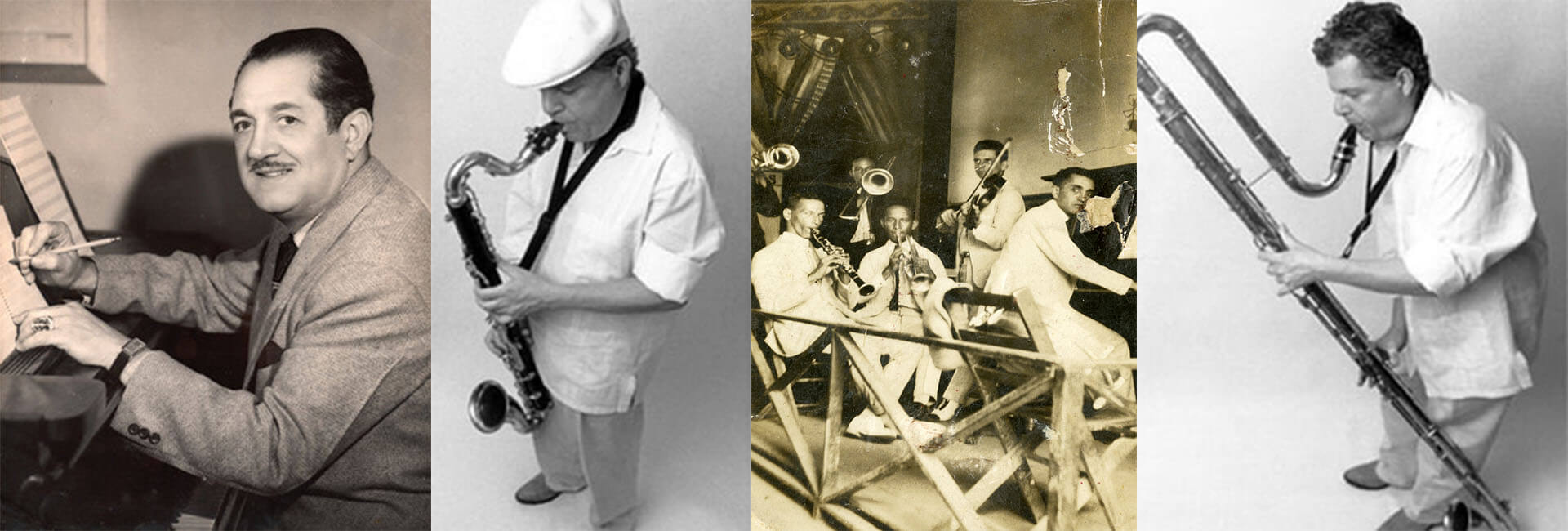Lecture by Paul Austerlitz
Distinguished Visiting Research Fellow at Dominican Studies Institute, City University of New York, and Professor at Gettysburg College
The Impact of Rafael Petiton Guzmán: Rethinking and Reimagining the Canon of Latin Music in New York
Abstract: The Rafael Petiton Guzmán Project examines and revives the music of a little-known but brilliant Dominican musician who was active in New York City in the mid-twentieth century. Petiton was a prodigious composer, arranger, lyricist, bandleader, pianist, and trombonist who, despite his importance, is largely ignored in the literature. Based in primary-source materials including interviews, musical manuscripts, handwritten lyrics, photographs, and personal letters, this study interrogates the accepted canon of New York-based Latin music, which stresses Cuban genres interpreted by Puerto Ricans, showing that a plethora of genres from across Latin America were deep in the mix. Furthermore, assuming a creatively engaged model, this project reimagines Petiton’s music by recording several of his major works. This artistically interventionalist stance raises epistemological and methodological issues, paving a new path for negotiating conventional boundaries between scholarship and artistic production.
Paul Austerlitz is the author of two books: Merengue: Dominican Music and Dominican Identity (1997) and Jazz Consciousness: Music, Race, and Humanity (2005). Merengue considers Dominican music in relation to racial and national identity and was translated into Spanish by the Dominican Ministry of Culture. Jazz Consciousness was awarded the Society for Ethnomusicology’s Merriam Award for Outstanding Books. Austerlitz has also edited a critical edition of musical scores entitled Machito and his Afro-Cubans: Transcriptions and Arrangements. Austerlitz is also active as a jazz composer and musician. His recent CD trilogy, Magic Triplets / Trillizos Mágicos / Marasa Twa, consists of three albums: 1) Dr.Merengue, recorded in the Dominican Republic, presents creative reinterpretations of music treated in Austerlitz’s book, Merengue: Dominican Music and Dominican Identity; 2) The Vodou Horn, recorded in Haiti, presents traditional ritual drumming fused with jazz; and 3) Water Prayers for Bass Clarinet, recorded in New York City, features jazz influenced by the music of Haiti, Nigeria, Finland, and other lands.
Sponsored by The UCLA Herb Alpert School of Music Global Jazz Studies IDP, UCLA Center for Latino Arts, and the UCLA Center for Caribbean Studies.
